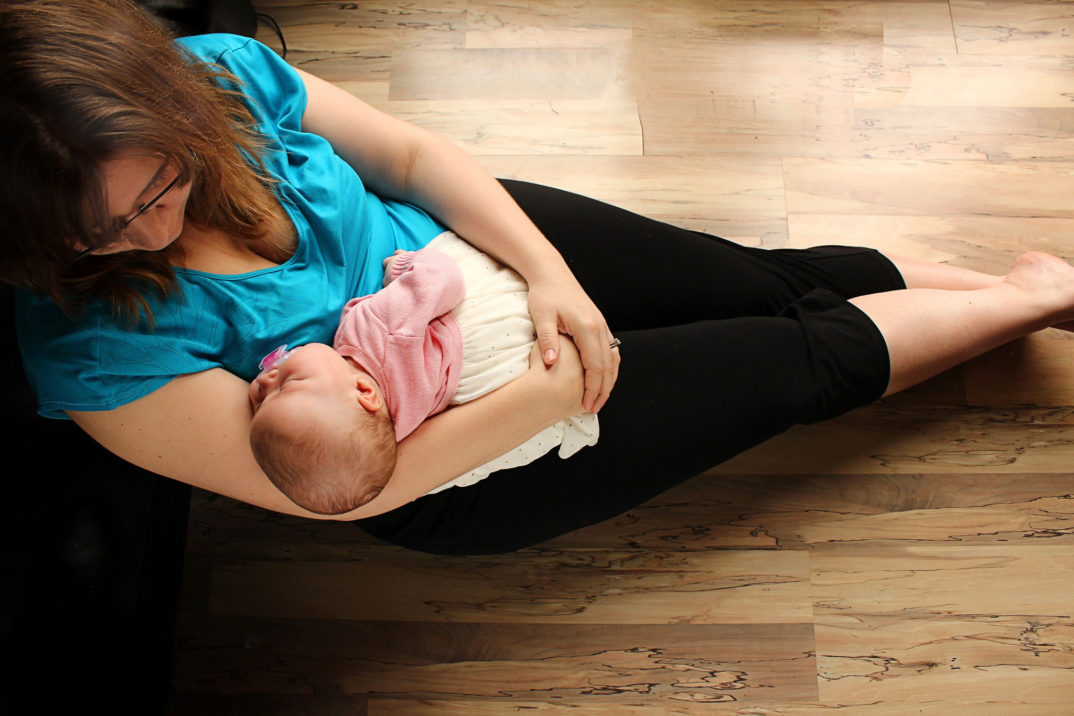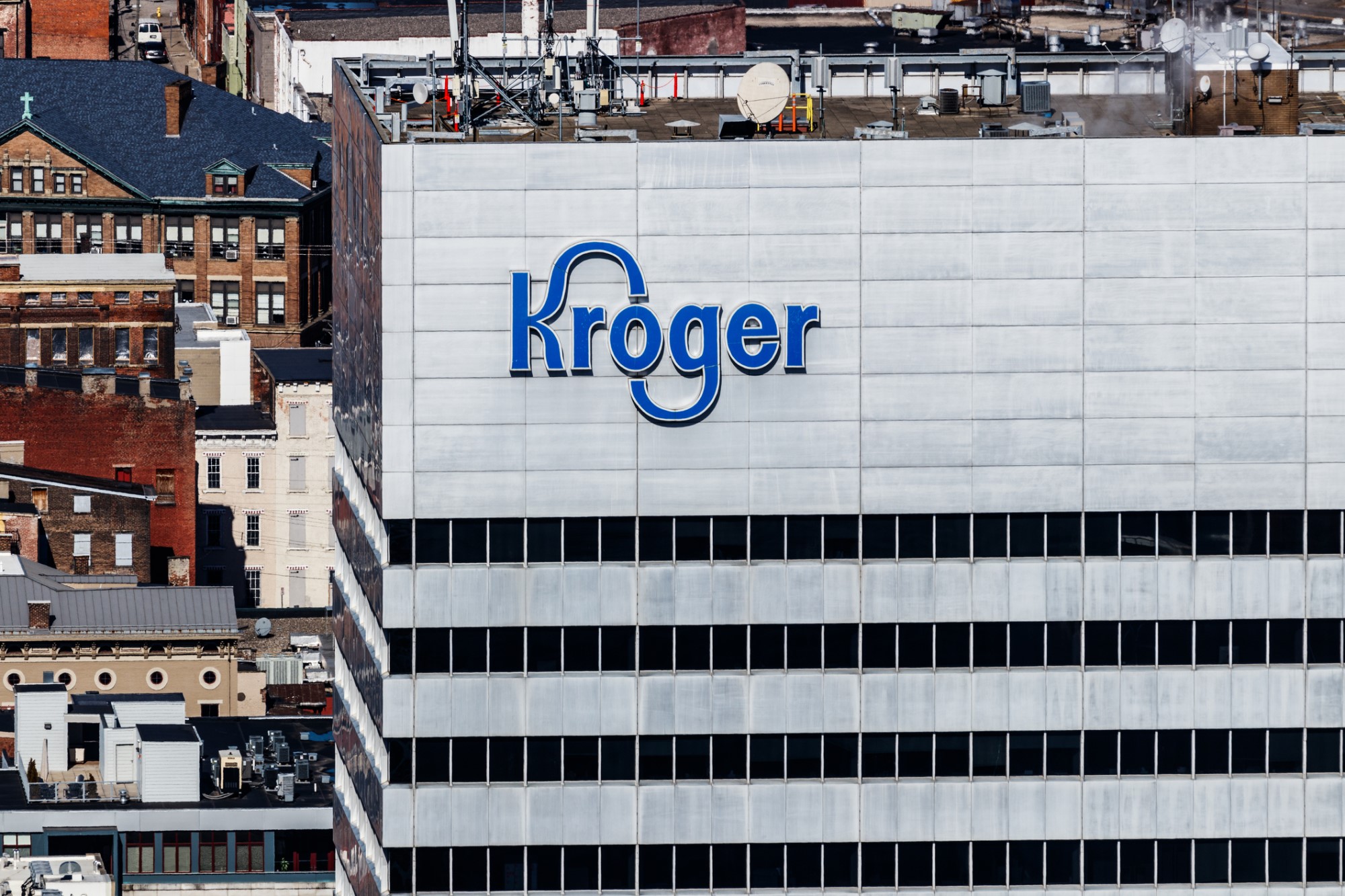Paid Family Leave in Individualist America
It is no secret that the United States lags far behind other nations on their benefits for new parents. In fact, it is the only developed economy in the world that does not mandate some form of paid maternal leave for workers, and one of only nine OECD (the Organization of Economic Cooperation and Development) nations which does not have any policies in place for new fathers. Because the government is not making any changes on this front, many companies have recently been striving to change the norm in America about paid parental leave on their own terms. Facebook COO Sheryl Strandberg is taking it a step further, positing that companies should be offering paid leave to any employee with caregiving responsibilities—whether it be parenting, caring for a sick child or helping an ill parent. This raises interesting questions about a company’s obligations to its employees. At what point does a firm start and stop having a responsibility to compensate workers for leaves of absence? How does a company balance the potential financial burden of absent employees with allowing a healthy working environment?
Strandberg is offering Facebook employees up to 20 days of leave for grievance of death, six weeks of paid leave to care for an ill parent and three days of “paid family sick time” to help with short-term illnesses. Strandberg believes this expansion on parental leave will reinforce the importance of all caregiving needs employees may have. According to The Washington Post’s Jena McGregor, the lack of gender specification in the type of leave alleviates the responsibility of caregiving from young females, and instead works to normalize the need for all ages of both genders to be present in caregiving situations.
The combination of these new caregiving mandates and Facebook’s previous standard of four months of paid parental leave leads McGregor to believe that there will be less resentment between the employer and employee. McGregor went on to say that the paid paternal leave, as well as paid leave for other family-related matters, may create a more nurturing and understanding relationship between the employer and its employees. Other companies have joined in Facebook’s push for caregiving benefits as well. Deloitte now gives workers 16 weeks of paid “family leave.” Ikea has started offering employees up to four months of paid or partially paid paternal leave, so long as they meet certain requirements of employment length.
The public sector now finally appears to be moving towards increased benefits for parents. Just a couple months before his election, President Donald Trump vowed to alleviate some financial burden from new parents through income tax deductions and ramping up the national unemployment program. Under this plan, one would be able to write off daycare costs from income taxes. While there is still no official plan to mandate paid parental leave, the Washington Post’s Danielle Paquette reported that Trump also wants to give new mothers up to six weeks of partially paid maternity leave. Funding for the program would come from a small change in the United State’s current unemployment insurance program and would result in around $300 a week for the mother. This is obviously not the same as benefits that other companies have begun offering, but it is a step towards compensating citizens for the burdens of raising a child.
But why is this all not becoming a norm in the United States? NPR’s Danielle Kurtzleben investigated what makes America different, and found that it largely has to do with how it views its democracy. She noted that America was never a feudal system or monarchy, and was therefore never explicitly aware of its class divisions like Europe. Furthermore, the U.S. was founded on principles of equal opportunity and individualism, taking the focus away from large labor-oriented groups. Kurtzleben recounts that “when it comes to social class, individualistic, ambitious Americans think of not where they are but where they assume they eventually could be.” Americans think of themselves as small business people, looking for opportunities and trying to avoid counterproductive policies. This creates a greater general sympathy for businesses in the U.S. than in Europe. Businesses themselves are unopposed to giving paid leave, Kurtzleben says, but protest a governmental “one-size-fits-all” policy for paid leave. They believe it should be up to them to decide what kind of financial burden they are willing to undertake.
Employees have families—kids, parents and siblings—who need to be taken care of; this is not new. The needs of employees’ family members have not changed either. What has changed is national perspective on what fundamental rights parents, women and employees overall have in regards to caretaking. Striking a balance between the needs of individual businesses and upholding a standard by which to hold them accountable is difficult because of America’s individualist culture. It seems that companies are taking it upon themselves to ensure they are doing what is best for their employees, but it is hard to decide whether more universal measures should be taken by the federal government. Until parental leaves are assured for all employees, however, it will be difficult to have a completely equal opportunity for both men and women in the workplace.





